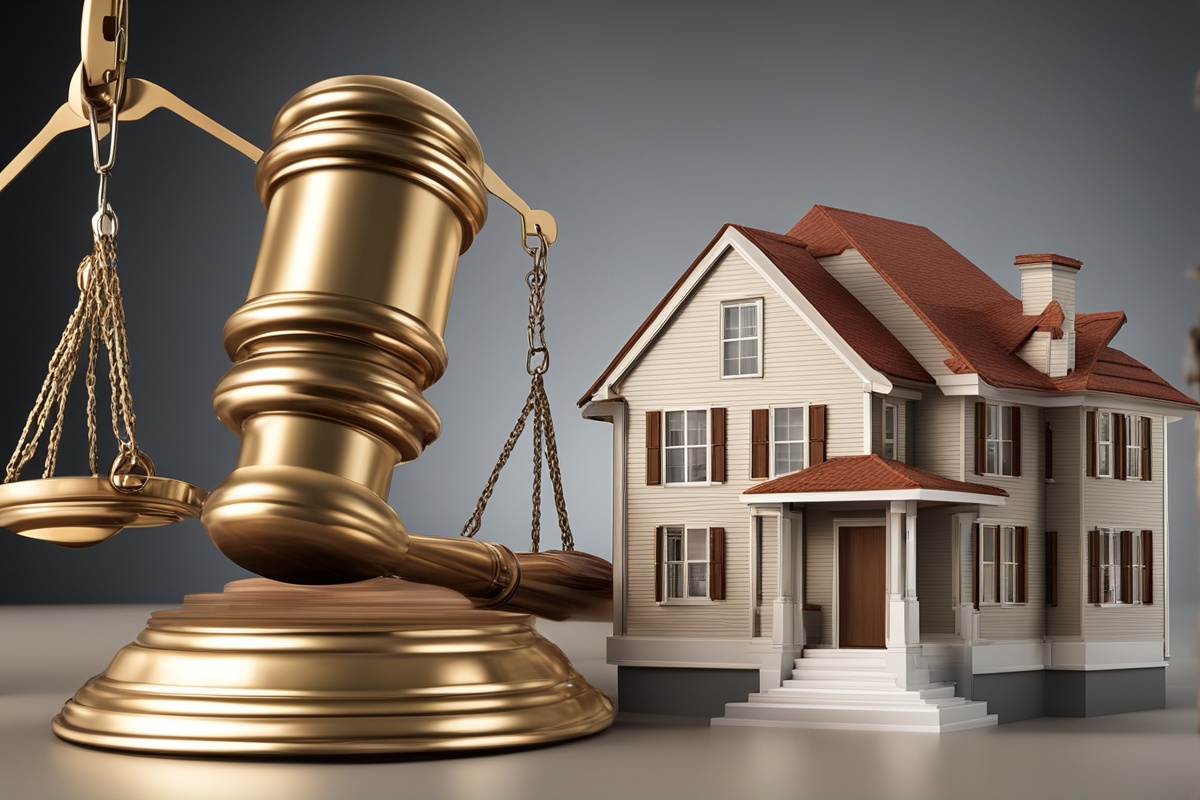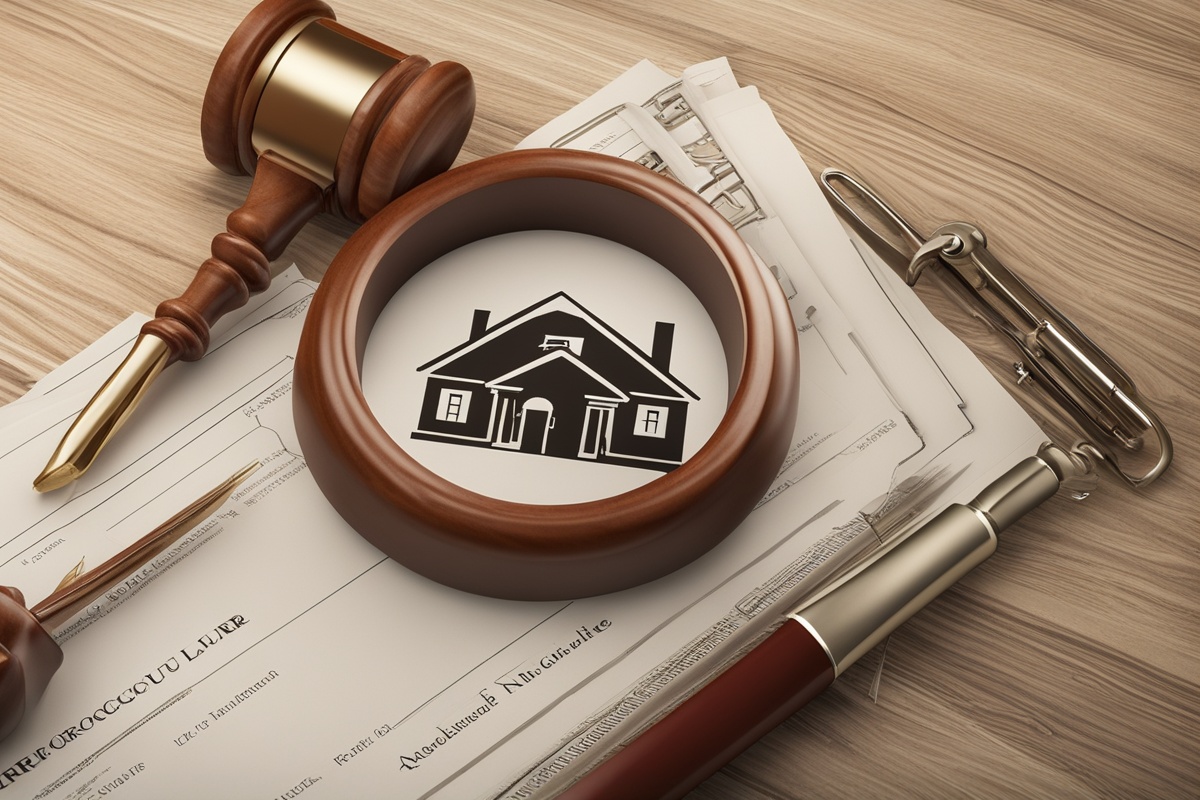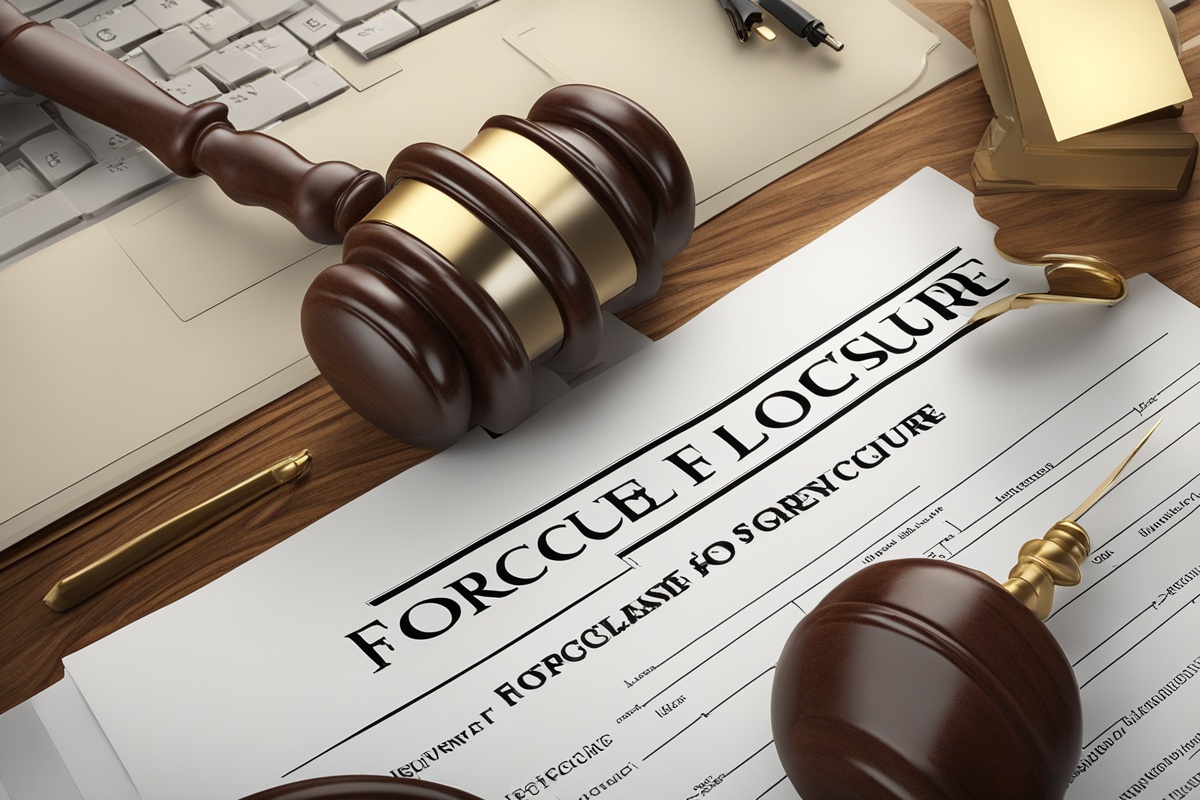Home repossession disputes can be a distressing and complex experience for homeowners facing the potential loss of their property. Whether due to financial hardship, misunderstandings with lenders, or legal missteps, navigating home repossession disputes requires a clear understanding of the legal landscape, your rights as a homeowner, and the strategies available to protect your interests. This comprehensive guide aims to provide valuable insights into managing these disputes effectively, ensuring you are well-equipped to handle the challenges of foreclosure litigation.
Understanding Home Repossession and Foreclosure Basics
Home repossession, often synonymous with foreclosure, is the legal process by which a lender seeks to recover the balance of a loan from a borrower who has defaulted on mortgage payments by taking ownership of the property. This process varies by state and can be either judicial (requiring court involvement) or non-judicial (handled outside of court through a trustee). Understanding the type of foreclosure process in your state is the first step in navigating home repossession disputes, as it determines the timeline, legal requirements, and potential defenses available to you.
For many homeowners, the initial signs of trouble—missed payments, lender notices, or a notice of default—can be overwhelming. However, recognizing these early warnings allows you to take proactive steps, such as negotiating with your lender or seeking legal counsel, to avoid the escalation of the dispute into full-blown foreclosure proceedings.
Common Causes of Home Repossession Disputes
Home repossession disputes often arise from a variety of issues beyond simply missing mortgage payments. Some common causes include disputes over loan modification agreements, errors in loan documentation, predatory lending practices, or violations of federal and state foreclosure laws. For instance, a lender might fail to provide proper notice before initiating foreclosure, or there may be discrepancies in the accounting of payments made.
Additionally, personal circumstances such as job loss, medical emergencies, or divorce can exacerbate financial strain, leading to missed payments and subsequent disputes with lenders. Understanding the root cause of the dispute is critical in formulating a defense strategy when navigating home repossession disputes, as it can uncover legal violations or grounds for negotiation.
Legal Rights and Protections for Homeowners
Homeowners facing repossession have several legal rights and protections under federal and state laws. The Fair Debt Collection Practices Act (FDCPA) and the Truth in Lending Act (TILA) provide safeguards against unfair practices by lenders and debt collectors. Additionally, programs like the Home Affordable Modification Program (HAMP) may offer options for loan modifications to make payments more manageable.
Many states also have specific foreclosure mediation programs or redemption periods that allow homeowners to resolve disputes or reclaim their property even after a foreclosure sale. Familiarizing yourself with these rights is essential when navigating home repossession disputes, and consulting with a foreclosure attorney can help ensure that your lender adheres to all legal requirements. For more information on homeowner protections, explore our detailed guide on Foreclosure Laws by State.
Steps to Take When Facing a Home Repossession Dispute
If you’re facing a home repossession dispute, taking immediate action can make a significant difference in the outcome. Here are key steps to follow:
- Review Your Loan Documents: Carefully examine your mortgage agreement and any correspondence from your lender to identify errors or violations of terms.
- Contact Your Lender: Open a dialogue with your lender to discuss alternatives like loan modifications, forbearance, or repayment plans.
- Seek Legal Assistance: Hire a foreclosure attorney to represent your interests and challenge any unlawful actions by the lender. Learn more about finding the right legal help in our post on Choosing a Foreclosure Attorney.
- Document Everything: Keep detailed records of all communications, payments, and notices related to your mortgage to support your case if litigation becomes necessary.
- Explore Government Programs: Investigate federal and state programs designed to assist homeowners in distress, which can provide temporary relief or long-term solutions.
By following these steps, you can build a strong foundation for navigating home repossession disputes and potentially avoid losing your home.
Defending Against Foreclosure in Court
When negotiations with your lender fail, defending against foreclosure in court may be your next option. This process involves filing a response to the foreclosure complaint, raising defenses such as improper notice, fraud, or violations of consumer protection laws, and possibly requesting a temporary restraining order to halt the foreclosure process. Working with an experienced attorney is crucial at this stage, as they can help craft a compelling legal argument to protect your home.
Court proceedings can also provide an opportunity for mediation, where a neutral third party assists in negotiating a resolution with the lender. For additional insights into courtroom strategies, check out our article on Foreclosure Defense Strategies.
Preventing Future Home Repossession Disputes
Once a repossession dispute is resolved, or even before one arises, taking preventive measures can help safeguard your home from future issues. Start by creating a realistic budget that prioritizes mortgage payments, building an emergency fund to cover unexpected financial setbacks, and regularly reviewing your loan statements for accuracy. Additionally, staying informed about your legal rights and maintaining open communication with your lender can prevent misunderstandings that lead to disputes.
For homeowners who have gone through foreclosure litigation, consider working with a financial advisor to rebuild credit and explore homeownership options in the future. Our resource on Post-Foreclosure Financial Recovery offers practical tips for getting back on track.
Disclaimer: The information provided in this article is for general informational purposes only and should not be construed as legal advice. Navigating home repossession disputes involves complex legal issues that vary by jurisdiction and individual circumstances. We strongly recommend consulting with a qualified foreclosure attorney or legal professional to obtain advice tailored to your specific situation. The content on this site does not create an attorney-client relationship, and we are not responsible for any decisions made based on the information provided.
References
- Consumer Financial Protection Bureau – What is Foreclosure?
- U.S. Department of Housing and Urban Development – Avoiding Foreclosure
- Federal Trade Commission – Mortgage and Foreclosure Information
- Nolo – Foreclosure Rights for Homeowners
- U.S. Department of Justice – Fair Debt Collection Practices Act
This content is for informational purposes only and not a substitute for professional advice.





